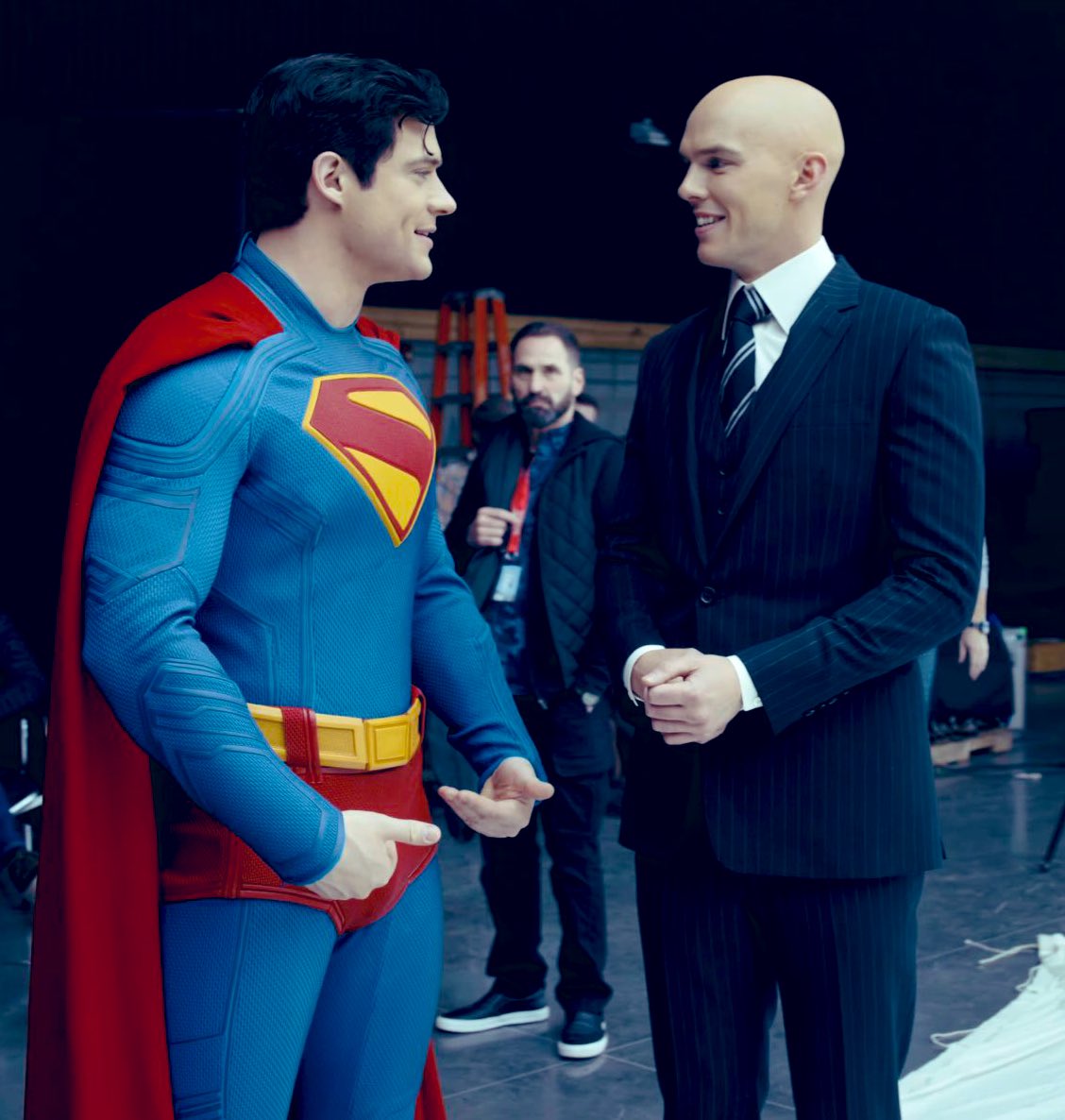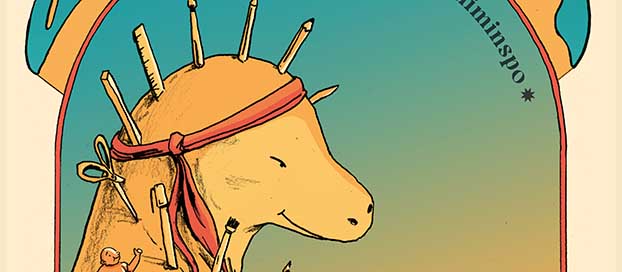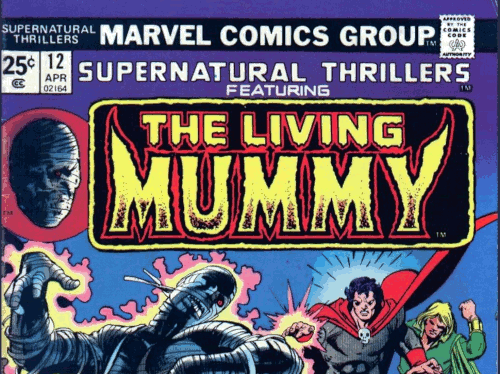
China’s latest move in the ongoing trade war with the United States is sending shockwaves through Hollywood. Last week, the China Film Administration announced it will officially reduce the number of American films allowed into the world’s second-largest movie market, a direct response to President Trump’s tariffs on Chinese goods.
From Beijing’s perspective, this is a tit-for-tat measure. Chinese officials claim the U.S. “abused tariffs on China,” and say that these tariffs have soured local audiences on Hollywood movies. The National Film Administration insists it’s simply following “market rules” and “respecting the audience’s choice” by cutting back on U.S. imports. But let’s be honest: this is a clear case of China flexing its muscles in a high-stakes economic standoff.
For decades, Hollywood has relied on China’s massive box office to boost global revenues. Blockbusters like “Avengers: Endgame” have pulled in hundreds of millions in China alone2. But the reality is, Hollywood’s share of the Chinese market is shrinking. American studios only get about 25% of box office receipts in China—half what they’d earn elsewhere—and the Chinese government slaps a 50% tax on those earnings before they even leave the country. Now, with Beijing “moderately reducing” the quota of U.S. films, Hollywood is feeling the squeeze.
It’s no secret that President Trump’s trade strategy is controversial, but there’s a reason he’s targeting China so aggressively. The U.S. has been running massive trade deficits with China for years. In 2024 alone, China’s trade surplus with the U.S. soared to nearly $1 trillion. While both countries have benefited from trade, China’s state subsidies, forced technology transfers, and market barriers have put American businesses at a disadvantage for far too long. Most mainstream economists—and many in Washington—agree: China is the worst offender when it comes to unfair trade practices.
Trump’s tariffs are designed to level the playing field, protect American jobs, and finally address the lopsided trade relationship. Yes, there will be pain on both sides—Hollywood included. But if the U.S. doesn’t stand up now, China’s economic power will only grow, and American industries will continue to lose out. Hollywood heavyweights are already responding. Warner Bros. Discover CEO David Zaslav recently announced cuts in costs for the company due to the coming impact from tariffs and announced they will be halting all non-essential travel.
The entertainment world may be facing tough times as a result of this trade war, but the bigger picture is clear: the United States cannot afford to let China call the shots. It’s time to correct the trade deficits, enforce fair play, and ensure that American creativity and business have a fighting chance on the world stage.
***



















 English (US) ·
English (US) ·